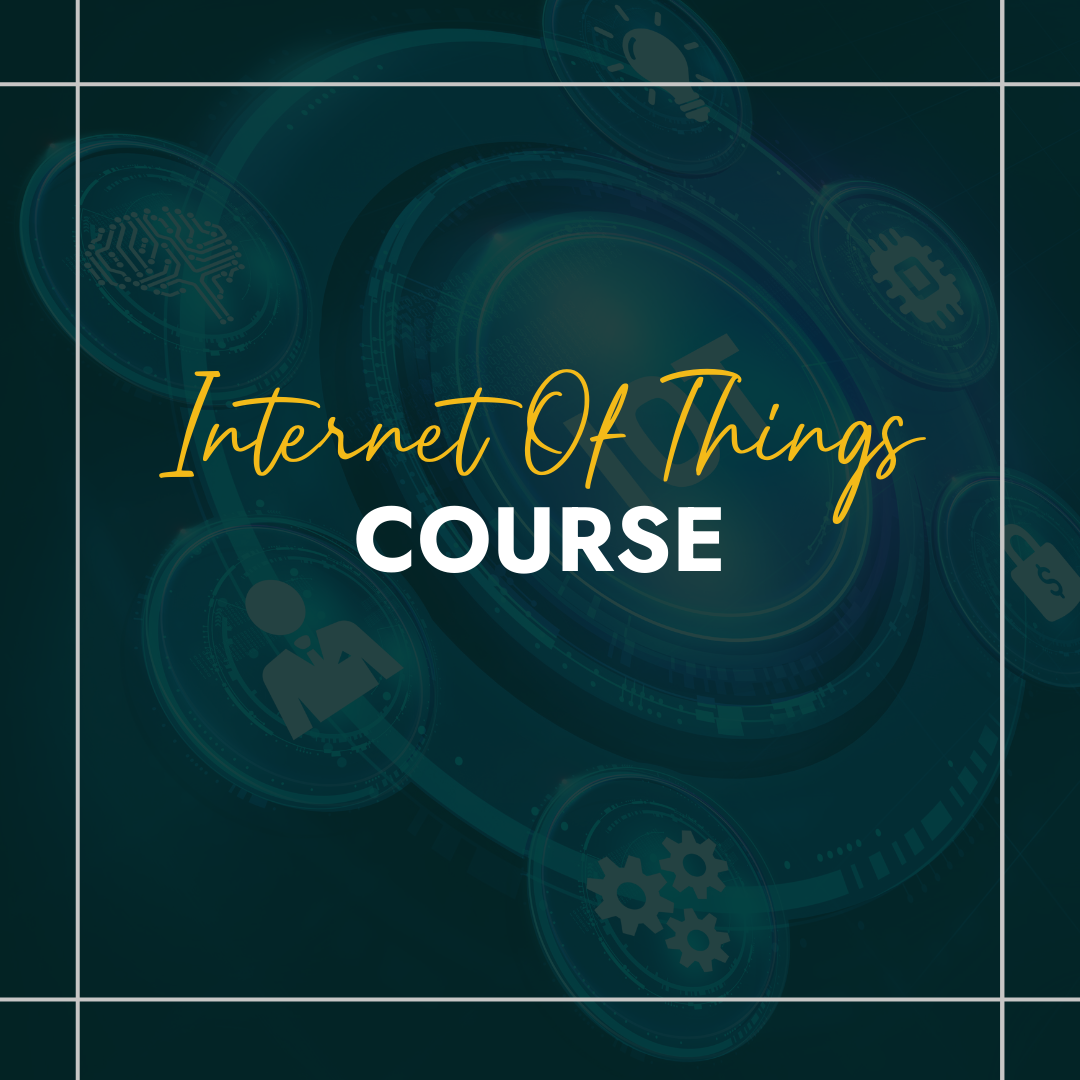IoT- Internet of Things
₨ 12,000.00 / month
Overview:
The Complete Internet of Things (IoT) course is designed to introduce learners to the fundamentals of IoT, including hardware, software, and networking concepts. The course is accessible to learners of all backgrounds and levels of experience with IoT and is focused on hands-on projects and real-world applications.
The course begins with an introduction to IoT, covering the basics of sensors, actuators, microcontrollers, and communication protocols. Learners will also explore the ethical and legal considerations of IoT, including privacy, security, and data management.
Next, the course dives into the various IoT platforms available, including cloud-based services and edge computing solutions. Learners will learn how to choose the right platform for a given application and explore the different types of data processing and storage solutions available.
Description
About Course
Course Title: IoT- Internet of Things
Course Outline:
Module 1: Introduction to IoT
- Understanding IoT fundamentals
- Key IoT components: sensors, actuators, microcontrollers, and communication protocols
- Ethics and legal considerations in IoT: privacy, security, and data management
Module 2: IoT Platforms
- Overview of cloud-based services and edge computing solutions
- Different types of data processing and storage solutions
- Choosing the right platform for an application
Module 3: Project-Based Learning
- Building IoT applications from scratch
- Data acquisition, analysis, visualization, and control
- Tools for IoT development, such as Arduino, Raspberry Pi, and Node-RED
Module 4: Advanced IoT Applications
- Emerging Technologies and Applications in IoT
- IoT applications in healthcare, smart cities, and autonomous vehicles
- Career opportunities in IoT: IoT architects, developers, and project managers
Throughout the course, students will have access to a variety of resources:
- Video lectures, readings, interactive tutorials, and quizzes
- Peer-to-peer interaction and feedback through discussion forums and group projects
- Opportunities to work on their own IoT projects and share progress with the class
Learning Outcomes:
- Understand the fundamentals of IoT, including key components and communication protocols
- Choose the right IoT platform for a given application
- Build and deploy IoT applications using Arduino, Raspberry Pi, and Node-RED
- Analyze and visualize data collected from IoT devices
- Understand emerging technologies and applications in IoT
- Identify career opportunities in IoT
Assessment Criteria:
- Completion of hands-on projects
- Performance on quizzes and exams
- Participation in peer-to-peer feedback and discussion
- Overall project presentation and demonstration






